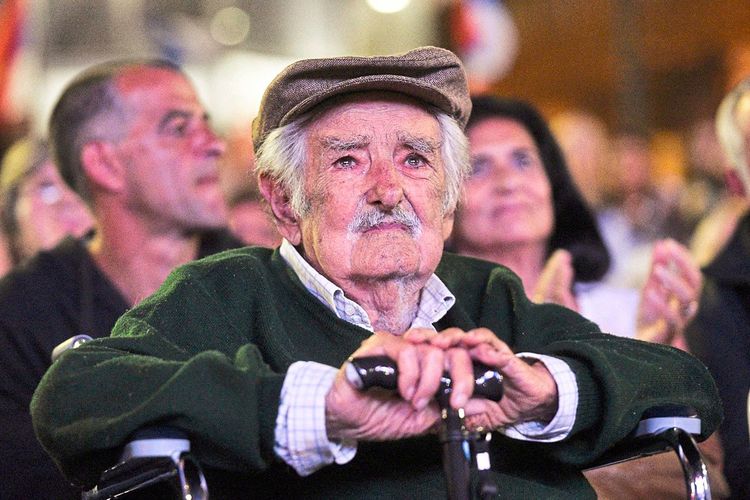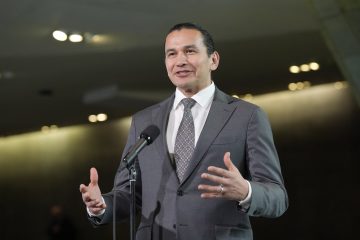The Legacy of Pepe Mujica: A Leader like No Other

Introduction
Pepe Mujica, the former President of Uruguay (2010-2015), is a name synonymous with humility, integrity, and progressive reforms. His legacy is increasingly relevant in today’s political discourse, particularly as many global leaders grapple with issues surrounding social justice, environmental sustainability, and economic equality. Born in 1935, Mujica’s life journey is both compelling and instructive, reflecting a synergy between personal philosophies and public policy that resonates deeply with citizens around the world.
Mujica’s Rise to Prominence
Pepe Mujica, a member of the left-wing Broad Front party, served as a guerrilla fighter in the 1960s and 1970s, a period during which he was imprisoned and tortured. His experience during this tumultuous time shaped his worldview and commitment to the welfare of ordinary people. After transitioning to a democratic political career, Mujica gained national attention for his authentic approach to governance.
Progressive Policies
During his presidency, Mujica implemented several transformative policies aimed at reducing poverty and enhancing social welfare. His government legalized same-sex marriage, decriminalized abortion, and promoted the state-regulated sale of marijuana, positioning Uruguay as a leader in progressive social policy. These initiatives were often met with skepticism but ultimately placed the country on an innovative path, inspiring similar movements in neighboring countries.
A Humble Leader
Known for his austere lifestyle, Mujica famously lived on a modest farm outside of Montevideo and donated 90% of his presidential salary to charitable organizations. His perspective on wealth and happiness challenged conventional views, promoting a message that prioritizes well-being over materialism. His down-to-earth sensibility earned him global admiration, as he often spoke about the importance of simplicity and connection with nature.
Legacy and Current Relevance
After leaving office, Mujica’s voice continues to resonate in contemporary discussions around climate change and social equity. His belief in sustainable development and community-oriented practice offers vital insights in the face of global crises such as poverty and environmental degradation. Mujica’s perspective remains a beacon for activists and policymakers alike, reminding societies of the importance of empathy and humility in leadership.
Conclusion
Pepe Mujica’s legacy is emblematic of a leader who sought to challenge the status quo and advocate for the marginalized. His life and policies serve as an enduring reminder that true leadership is about serving the people rather than accumulating power or wealth. As the world faces pressing challenges, the lessons from Mujica’s presidency are more significant than ever, inspiring current and future generations to adopt a more humane and inclusive approach to governance.









